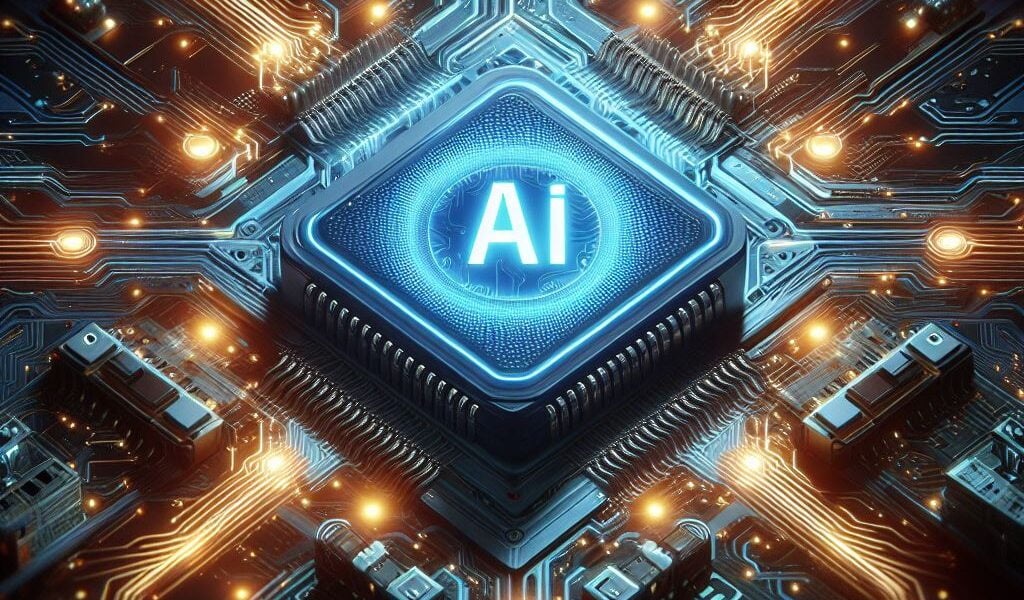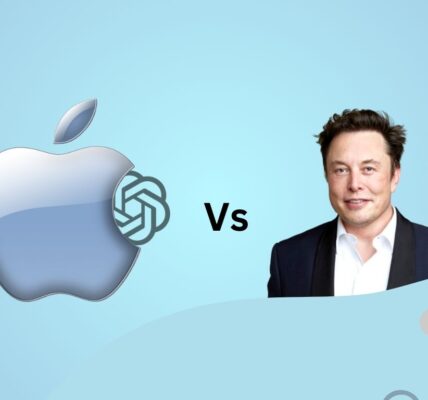2023 was a frenzy. Investors threw money at generative AI like confetti at a carnival, lured by promises of intelligent machines writing novels, designing clothes, and even composing symphonies. Now, in 2024, the confetti has settled, and the question on everyone’s lips is: will the party pay off?
Giants like Microsoft, Google, and Samsung are sprinting towards monetization, their pockets heavy with AI investments. Samsung’s Galaxy S24 boasts AI photo editing and real-time language translation, while Microsoft’s Copilot AI assistant is now available for a cool $20/month. Even carmakers are joining the race, with Volkswagen integrating ChatGPT into its voice assistant.
But before we break out the champagne, a sobering question looms: will consumers cough up for these AI goodies? Analyst Ranjit Atwal puts his finger on the crux of the matter: “cumulative benefits. Generative AI works slowly, like a patient weaver adding small but lasting improvements to our lives. Over time, it makes our phones more helpful, our work smoother, and our lives generally less of a hassle. Although these changes are valuable, they’re not as flashy or attention-grabbing as a single, amazing feature. These perks, while appreciated, don’t scream “must-have,” making them a tough sell.
Companies are turning to the enterprise world for solace. Microsoft reports that 77% of businesses using Copilot wouldn’t dream of letting it go. Both Microsoft and Google charge $30/month for their enterprise AI assistants, a testament to the value corporations see in boosting productivity. This enthusiasm suggests AI’s future might lie in streamlining spreadsheets, not composing sonnets.
The PC industry, smelling opportunity, is pushing “AI PCs,” laptops, and desktops equipped with special AI chips. Intel promises these chips will keep AI tasks on devices, offering increased privacy and security. But for now, the true potential of AI PCs rests on the shoulders of developers – what groundbreaking apps will they create to showcase these machines’ capabilities?

Analysts at UBS are optimists, predicting high-end adoption of AI PCs in 2024 and mainstream penetration by 2025-2027. They believe AI PCs will drive demand for higher-priced devices, pushing consumers to upgrade. However, their vision hinges on one crucial factor: developers stepping up to the plate and delivering transformative AI experiences.
One thing’s certain: tech giants won’t let the AI fire die. They’ll continue bombarding us with AI features, each vying for consumer attention. However, the key to their success lies in demonstrating the tangible benefits of this technology, not just flashy demos. Can they translate gradual improvements into compelling value propositions? Can they convince us that AI isn’t just a fancy gimmick, but a tool that makes our lives demonstrably better?
2024 is the year the narrative around generative AI shifts from hype to reality. Companies stand at a crossroads – they can either refine their offerings, proving genuine value to consumers or risk their AI investments becoming another tech industry footnote, a cautionary tale of overpromised and underdelivered potential.
The future of generative AI remains to be written. Will it fulfill its revolutionary promise, or fade into the digital graveyard of failed tech fads? The answer lies in the hands of companies, developers, and, ultimately, us, the consumers. The gold rush may be over, but the game has just begun.
Source Credit: Yahoo Finance





